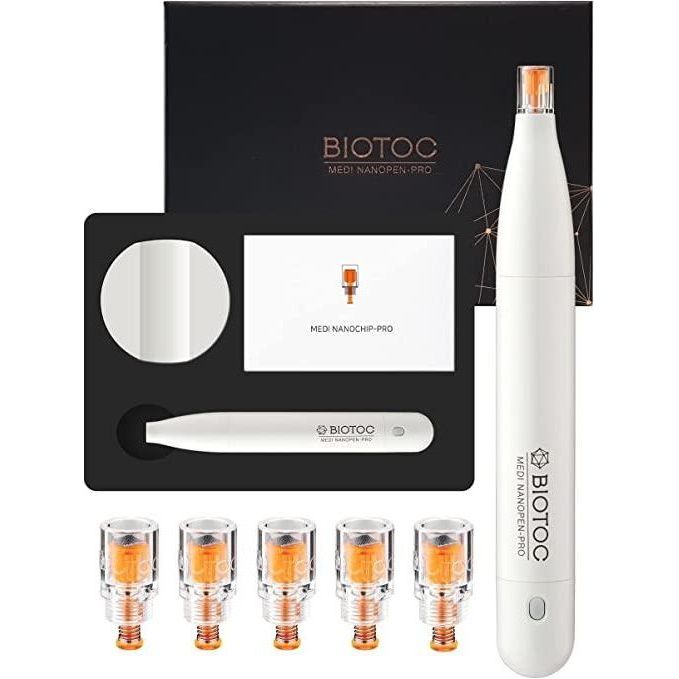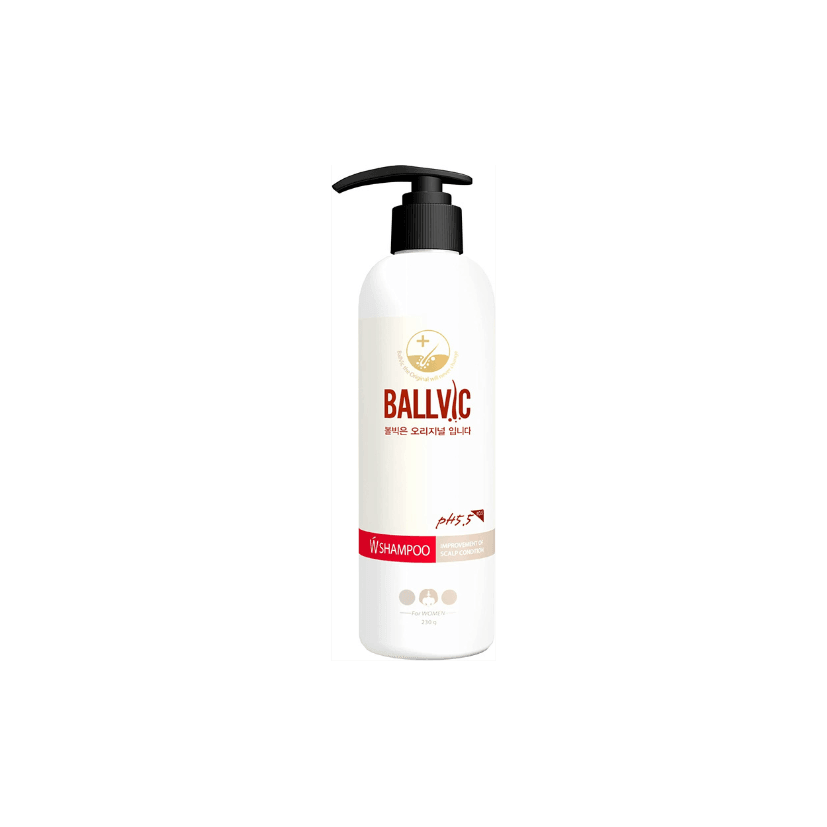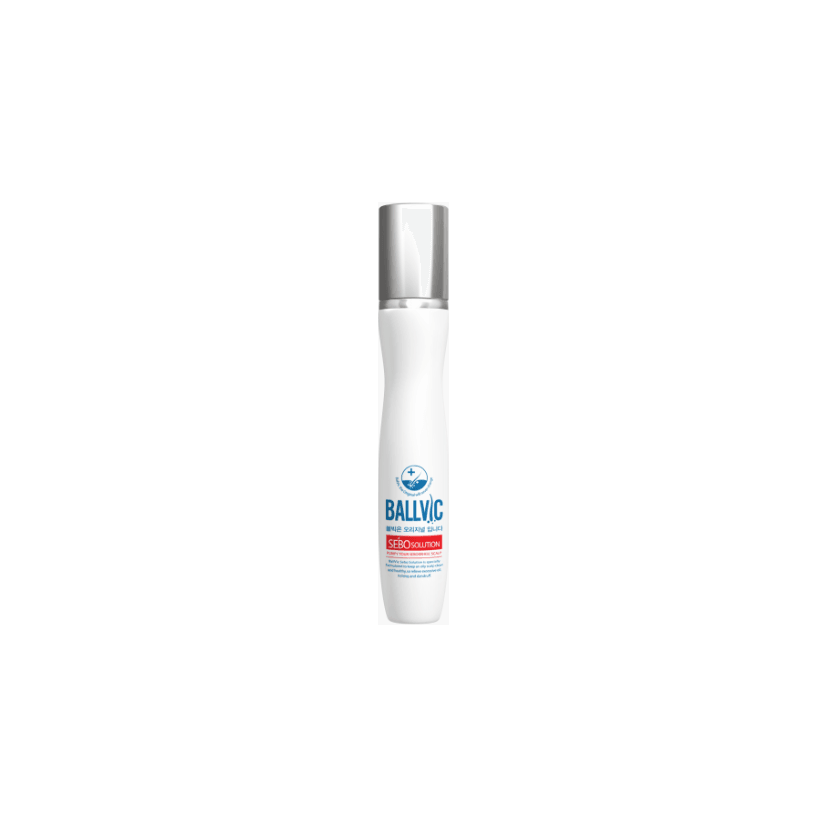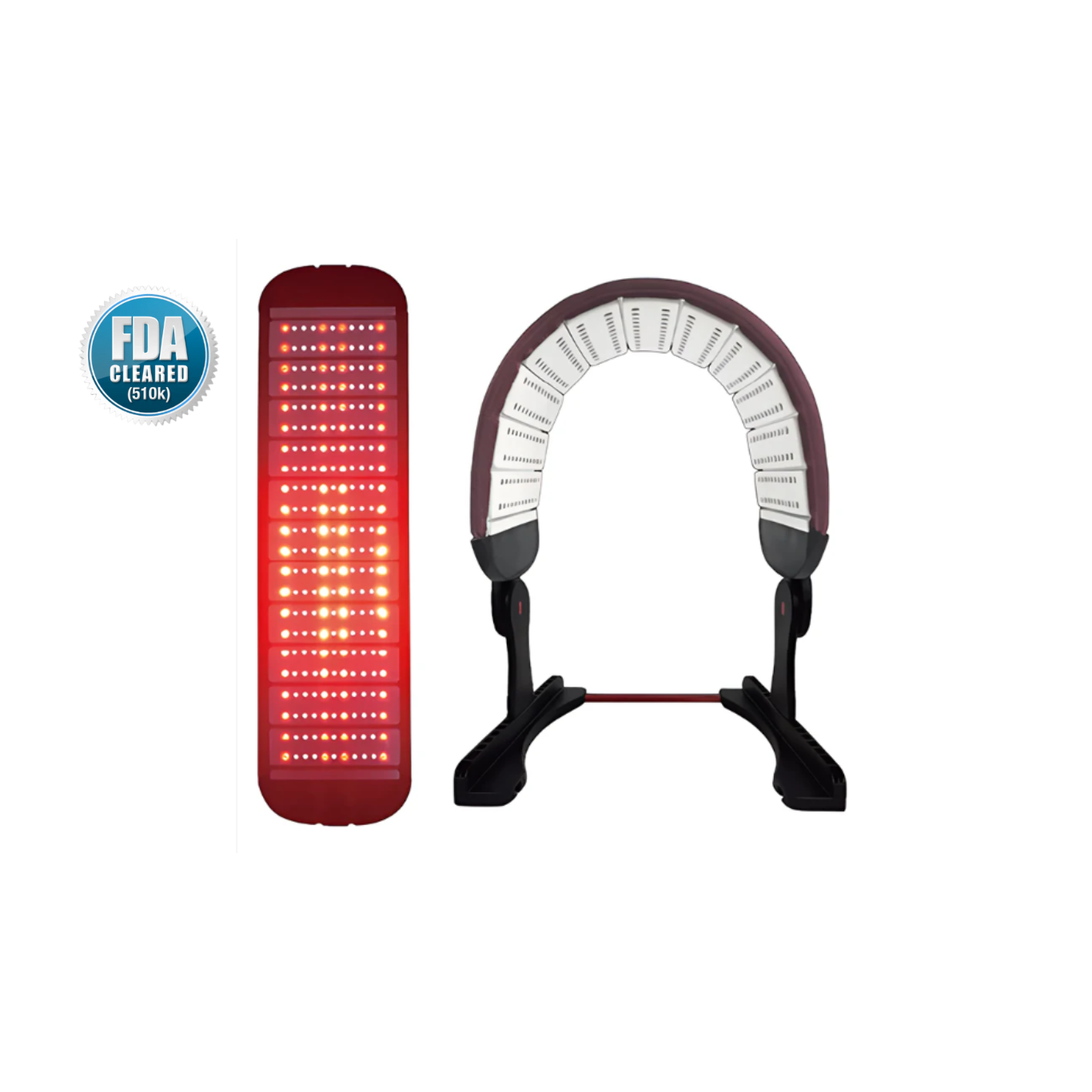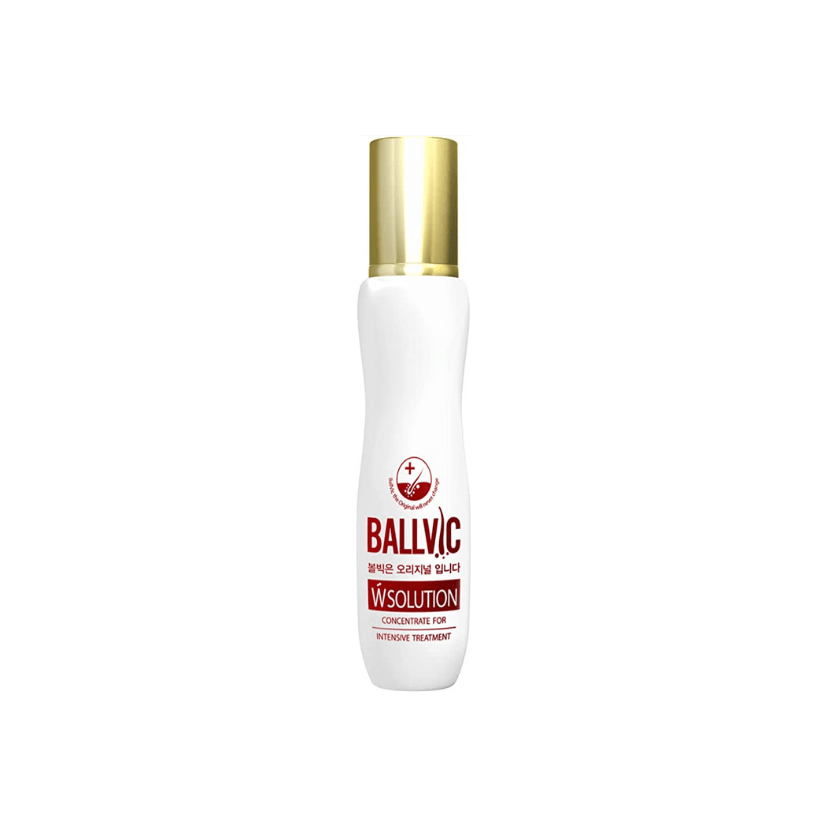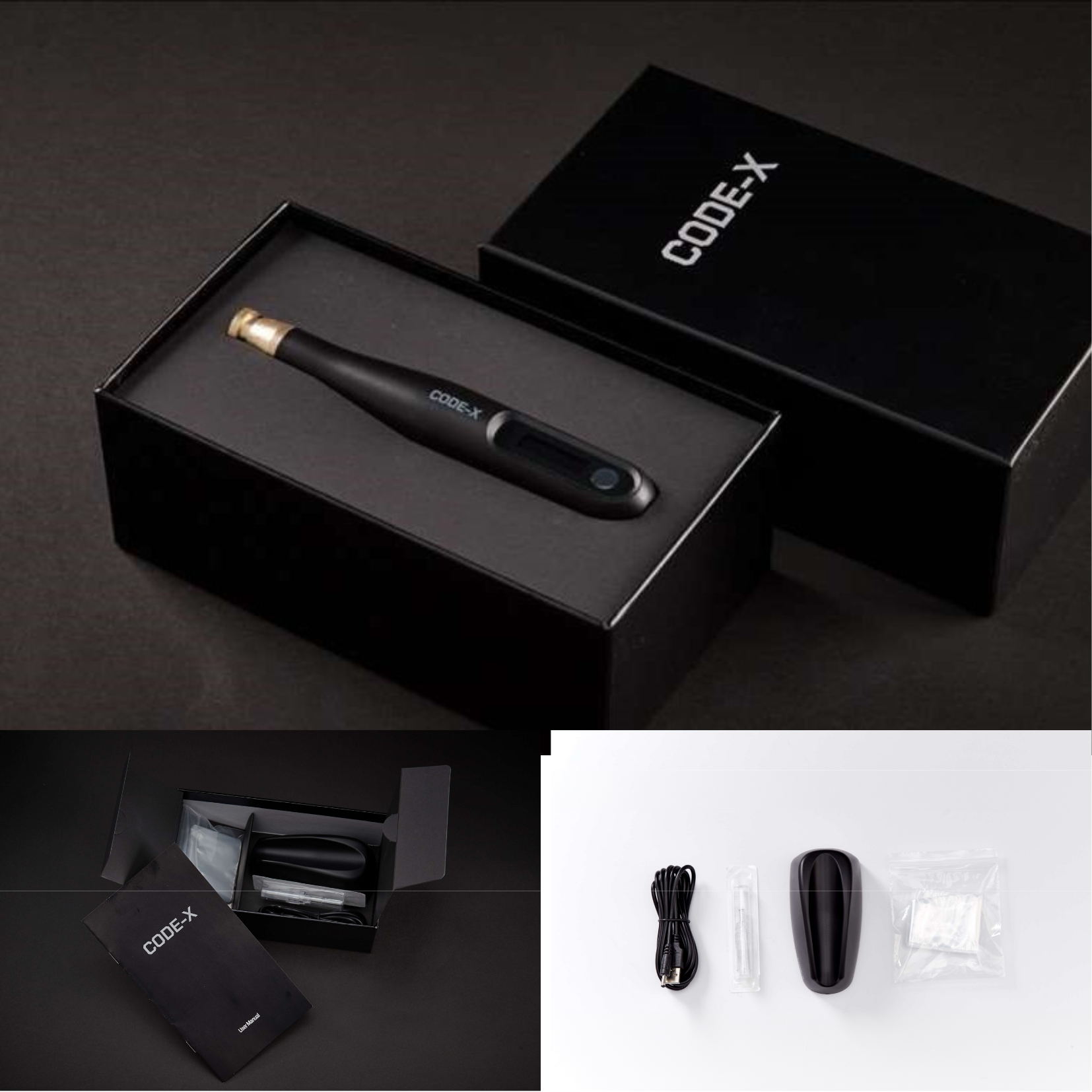In our daily lives, we benefit from the ideas and innovation of the past, but we often don’t know their origin. We are highlighting three household staples that originated in the 1800s and were invented by Black women, to recognize their work and how they have impacted our everyday lives.
The Improved Ironing Board: Invented by Sarah Boone


Image Credits: Biography, Amazon
Sarah Boone is to thank for the ability to remove wrinkles from our clothing. Boone was born into slavery in 1832. Before the outbreak of the Civil War, she moved away with her family in search of a new life, becoming a dressmaker. While working in this occupation, Boone became frustrated with the quality of ironing boards and was determined to improve it. She patented the design for an enhanced ironing board, which significantly upgraded the ability to iron sleeves and dresses. Her design soon became the standard, setting up the framework for ironing boards as we know them today, but more importantly proving to the world at the time what she was capable of.
The Modern-Day Hair Brush: Invented by Lyda Newman


Image Credits: Crazy Pundit, Manufactum
Lyda Newman is responsible for enhancing the design of the hairbrush in 1898. While Newman was working as a hairdresser, she realized the lack of efficiency and hygiene in standard hairbrushes. As a result, she added rows of bristles that were evenly spaced, open slots that lead to a separate compartment in order to effectively clean debris out of hair and an openable back to remove the waste from the brush. She patented the design and created a new standard for hairbrushes as a result. This significantly impacted hair care then and still does to this day.
The Clothes Wringer: Invented by Ellen Elgin


Image Credits: The Graphics Fairy, Best Buy
Although washing clothing has come a long way since Ellen Elgin invented the wringer in 1888, none of the enhancements would have been possible without her initial idea. After inventing the wringer, Elgin sold the rights to it for only $18. The invention went on to receive significant financial success, which Elgin was not a part of. When asked why she sold the rights, Elgin stated: “If it was known that a negro woman patented the invention, white ladies would not buy the wringer; I was afraid to be known because of my color in having it introduced to the market, that is the only reason.” Elgin was a brilliant mind in the face of adversity and injustice. Today we credit her for forming the foundation of modern laundry appliances.
These women are only the tip of the iceberg for female inventors of color and we will continue to highlight those who are typically unrecognized in future issues of Women of the Month in STEM Sarah Boone, Lyda Newman and Ellen Elgin each saw the opportunity to invent something that would improve people’s everyday lives, and their ingenuity and courage are examples for Black women in science who came after them. Their stories provide lessons and inspiration to everyone about how necessity can be the source of an idea for a good invention.
Visit our pages:
